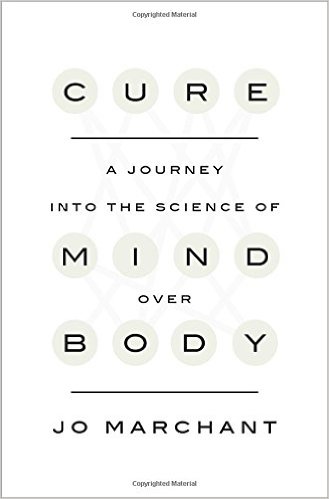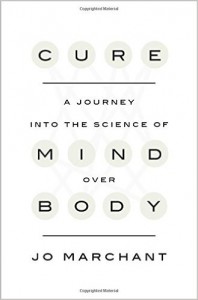Are Technology and Peace At Odds?
My meditation teacher sent me this article I Used To Be A Human Being and I’m passing it along to you today. It’s all about how to live in an age of constant distraction and, fittingly, it took me three days and three sittings to actually finish it because of the distractions that bombard me.
I’m sharing this article because its author, Andrew Sullivan, speaks to the wrestling that so many of us do figuring out how to live with technology in a way that serves us. It speaks to the ways that technology often keeps us hooked into distraction and compulsive online searching rather than the more important (and often more difficult and painful) internal searching to find and explore the core of ourselves and our purpose.
I hope this article is thought-provoking in all the right ways for you today.










